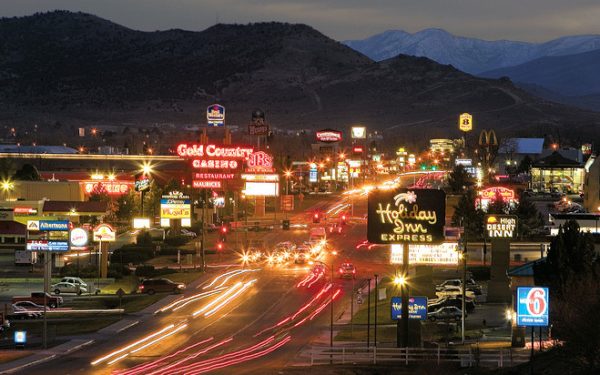“The man who produces an idea in any field of rational endeavor – the man who discovers new knowledge – is the permanent benefactor of humanity. Material products can’t be shared, they belong to some ultimate consumer; it is only the value of an idea that can be shared with unlimited number of men, making all sharers richer at not one’s sacrifice or loss, raising productive capacity of whatever labor they perform.“ Ayn Rand
Humanity has been creating since the beginning and progress was built purely on the formation and sharing of “idea’s”. This simple principle has taken us from the cave to skyscrapers. As society has become more sophisticated so has the exchange of “ideas”. This has inevitably led to power struggles and over reaching policy in order to control the underlying business of “idea’s”. Once again, this leads me to the importance of the separation of economy and state. The market is best suited to define the underlying value of “ideas” and the integrity of this valuation is put at risk when policy, power and regulation enter the equation.
Now let’s take this “idea” through the free market test. Would the Housing and Community Development Act of 1992 mandating HUD to set goals/mandates for lower income and underserved housing areas have made it as an “idea” in the market? As an investment banker who makes a living raising capital in the markets, I would opine that it would have been very difficult. There may have been a small portion of market acceptance that would have been generated only if the returns matched the inherent risk. However, mandating and incentivizing this with the two largest lending institutions in the country was a recipe for disaster. In the nature of full disclosure there are multiple reasons that led to the real estate crash in 2008 but the door was opened by utilizing policy and regulation to force “ideas” rather than letting the market adopt the “idea”.
“This is the first time in the history of American bankruptcy law when secured creditors received less than unsecured creditors. The Chrysler deal is a clear violation of the Fifth Amendment to the Constitution and more than 150 years of bankruptcy law. Furthermore, under the Fifth Amendment, private property cannot be taken without due process of law. That clearly has not happened in this case. There has been no process of law consistent with long-standing precedent whatsoever.” Richard Mourdock, Indiana Treasurer
What created a situation that would allow for such negligence to a system that has been in place for hundreds of years? What would be so important that the underlying principles of risk and reward would be neglected? First, the majority of Chrysler’s senior debt holders were major institutional banks that had received large amounts of TARP (Trouble Relief Asset Program) funds to keep themselves solvent from bad decisions made during the sub-prime crisis of 2008. Second, President Obama was leading a team to strike a deal with Fiat and keep Chrysler from liquidation. The US government was involved due to their investment of tax payers’ dollars into Chrysler to prevent liquidation. The combination of US Government involvement and TARP protected institutions leading the bankruptcy proceedings was clearly a conflict of interest that was overlooked by the American people. This event truly illustrates the destructive nature of power and policy intruding on the free market.
Why would I ,the tax payer and free market supporter, accept the “idea” that paying unsecured debt holders more than secured debt holders to save a company that was no longer valued as an “idea” creator in the market?
The US Governments involvement in this deal led to the most destructive intrusion of the free market and American liberties that we have seen in modern history. It is vital that the market be the driving force behind the value of an “idea”. Without this we no longer value people and their “ideas” which will lead to world economic collapse and the longest period of regression in world history. We must take a stand as innovators and creators so that we the people can continue to progress humanity. THIS CAN BE DONE BY KEEPING POWER, POLICY AND REGULATION IN CHECK! Let us make Indiana Police Pension Trust Vs. Chrysler a symbol and motivation to take back the value of our “ideas”.
